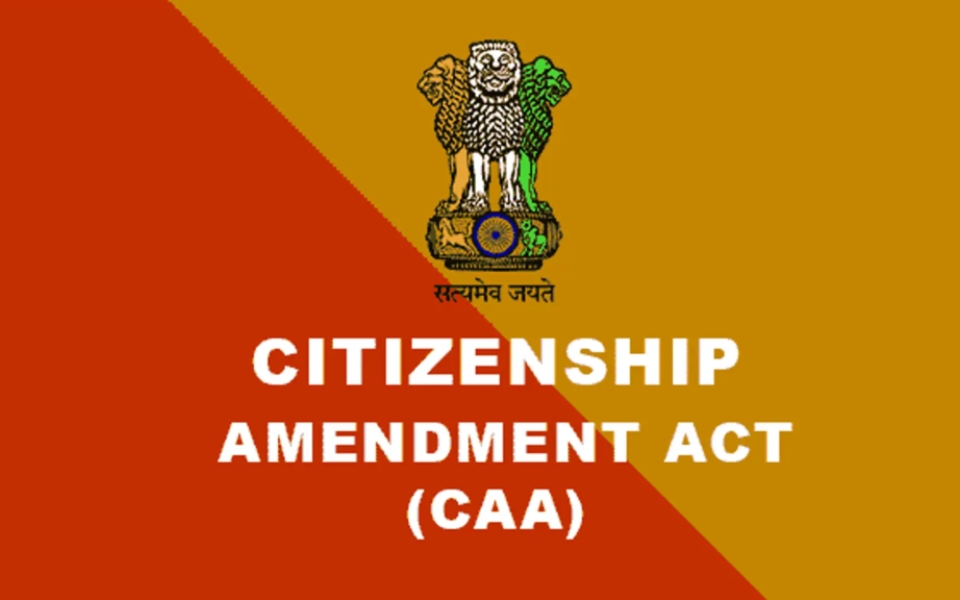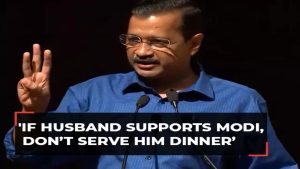
Navigating the CAA: A Guide to Applying for Indian Citizenship Under the Latest Rules
Home minister Amit Shah said the new rules will enable minorities persecuted on religious grounds in Pakistan, Bangladesh, Afghanistan to acquire citizenship.
New Delhi: The Central government on Monday notified the rules for the Citizenship (Amendment) Act, 2019, paving the way for the implementation of the law. Home minister Amit Shah said the new rules will enable minorities persecuted on religious grounds in Pakistan, Bangladesh and Afghanistan to acquire Indian citizenship.
“With this notification, PM Narendta Modi Ji has delivered on another commitment and realised the promise of the makers of our constitution to the Hindus, Sikhs, Buddhists, Jains, Parsis and Christians living in those countries,” he wrote on X.
Amit Shah also released a document listing the amended rules.
The law makes it easier for non-Muslim refugees — who entered India on or before December 31, 2014 from the three countries — to get Indian citizenship.
Here are the key takeaways from the Citizenship Amendment Act rules.
Who can apply for citizenship under Section 6B?
Application for grant of citizenship by registration or naturalisation shall not be entertained unless
- The person is of Indian origin.
- The person is married to a citizen of India.
- The person is a minor child of a person who is a citizen of India.
- The person’s parents are registered as citizens of India.
- The person or either of his parents was a citizen of Independent India.
- The person is registered as an Overseas Citizen of India Cardholder.
Special documents required with application
The new rules suggest that those applying for Indian citizenship will have to submit two special documents. An Indian citizen will have to testify as to the character of the applicant via an affidavit. The applicant must have adequate knowledge of one of the languages listed in the Eighth Schedule of the Constitution.
“The application from a person for grant of citizenship by naturalisation fulfilling the qualifications for naturalisation under the provisions of the Third Schedule, is submitted in Form VIIIA which includes –
- an affidavit verifying the correctness of the statements made in the application along with an affidavit from an Indian citizen testifying the character of the applicant.
- a declaration from the applicant that he has adequate knowledge of one of the languages as specified in the Eighth Schedule to the Constitution.
- The rules said those who can speak or read or write that language will be considered to have adequate knowledge.
The person should also carry a declaration saying the citizenship of his country shall stand renounced irrevocably in the event of his application being approved.
Procedure as per the CAA rules
#An application for registration or naturalisation under section 6B shall be submitted by the applicant in electronic form to the Empowered Committee through the District Level Committee as may be notified by the Central government.
#The District Level Committee headed by the Designated Officer, as may shall verify the documents submitted by the applicant along with the application.
#The Designated Officer shall administer to the applicant the oath of allegiance as specified in the Second Schedule to the Citizenship Act, 1955 (57 of 1955) and thereafter, sign the oath of allegiance and forward the same in electronic form along with confirmation regarding verification of documents to the Empowered Committee.
#In case an applicant fails to appear in person to subscribe the application and take oath of allegiance despite giving reasonable opportunities, the District-Level Committee shall forward such application to the Empowered Committee for consideration of refusal.”.
#The Empowered Committee referred to in rule 11A may scrutinise the application for grant of citizenship by registration or naturalisation submitted by an applicant under section 6B to ensure that the application is complete in all respects and that the applicant satisfies all the conditions laid down in section 6B.
#On being satisfied after making such an inquiry as it considers necessary for ascertaining the suitability of the applicant that he is a fit and proper person to be registered or naturalised, as the case may be, the Empowered Committee may grant him the citizenship of India.”

